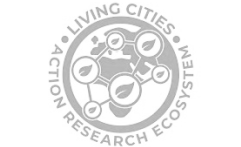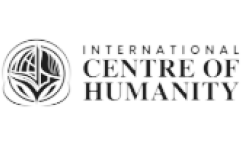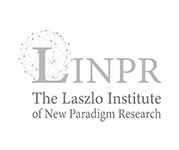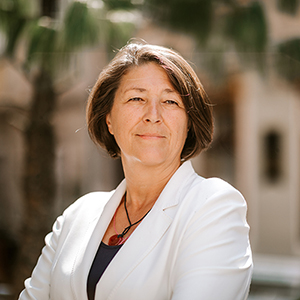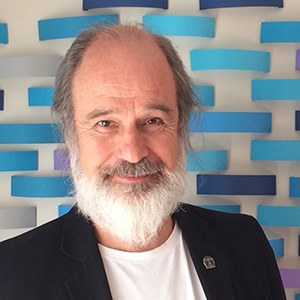Focus topics

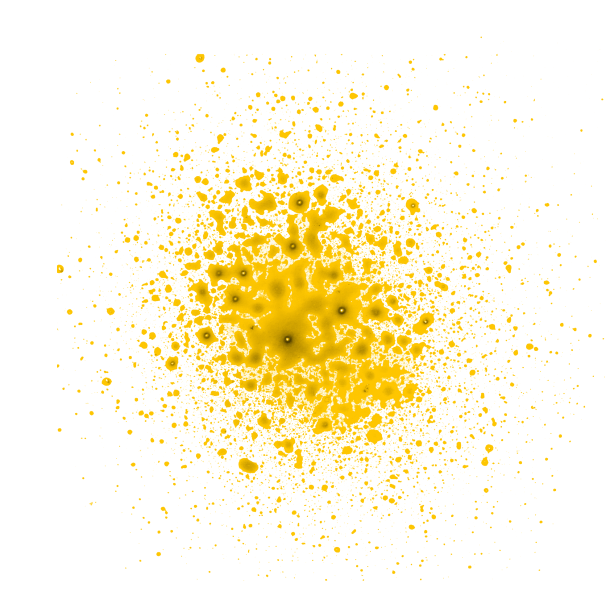
Soul of Cities
The Soul of the City is the living essence and unique character of an urban space, emerging from a dynamic relational field of coherence between people, place, time, and the more-than-human world. It is continually formed and reshaped by the interplay of history, culture, community, and environment. It is not confined to physical infrastructure nor fixed by top-down design, but woven from ecological realities and collective spirit, emotions and experiences, traditions and identities. It embraces the human and the more-than-human: animals, forests, mountains, winds, watersheds, and ancestral lands.
These are not sentimental traces; they are foundations of social cohesion, mental health, ecological consciousness, and intergenerational resilience. The Soul of the City is both mirror and maker: it reflects collective memory and aspiration, while cultivating belonging, civic imagination, and responsibility for the wellbeing of every person, people, place, and planet
The Concept
Cities today stand at a crossroads. Around the world, urban life is shaped by accelerating complexity, global crises, and the lingering effects of historical wounds – colonialism, war, displacement, ecological degradation, and civic fragmentation. At the same time, cities are sites of creativity, resilience, and possibility: living laboratories where humanity can rediscover how to thrive in harmony with each other and with nature.
At the heart of this transformation lies a deeper, often overlooked dimension: the Soul of the City.
At the heart of this transformation lies a deeper, often overlooked dimension: the Soul of the City.
Why the Soul of Cities Matters
This is a series of monthly expert sessions, co-hosted by LCARE, Ecocivilisation, International Centre of Humanity and The Laszlo Institute of New Paradigm Research, dedicated to deepening this inquiry. Each session explores one dimension of the city’s soul – from memory, safety, and multicultural belonging to sacred ecology, wellbeing economies, new leadership, storytelling, digital commons, and intergenerational equity. Together they form a living curriculum for cities seeking regeneration.
Expected Outcomes and Benefits
Integrated Framework
Best Practice Repository
Practical Tools
Reimagined Urban Citizenship
Applied Knowledge Products
Policy and Leadership Resources
Global Network
Long-term Impact
Best Practice Repository
Practical Tools
Reimagined Urban Citizenship
Applied Knowledge Products
Policy and Leadership Resources
Global Network
Long-term Impact
Purpose
Clarify and deepen the concept of the Soul of the City as a shared language for regenerative urban transformation.
Identify and exchange best practices from across cultures and continents.
Outline a comprehensive, integrated framework for thrivable city development, linking ecological, cultural, social, and economic dimensions.
Identify and exchange best practices from across cultures and continents.
Outline a comprehensive, integrated framework for thrivable city development, linking ecological, cultural, social, and economic dimensions.
Read more
Reimagine urban citizenship by exploring the role of residents as active co-creators of flourishing cities.
Discover and test scalable tools of urban regeneration that can be adapted by cities globally.
Connect global voices and wisdom—academic, indigenous, civic, and artistic—into a shared inquiry.
Translate research into practice by linking principles with actionable urban models and pilots.
Create and publish the Soul of the City Book, Volume II, integrating the findings, practices, and insights of the year.
Co-create the Memorandum of Cities, distilling guiding principles and commitments for regenerative, soulful urbanism.
Discover and test scalable tools of urban regeneration that can be adapted by cities globally.
Connect global voices and wisdom—academic, indigenous, civic, and artistic—into a shared inquiry.
Translate research into practice by linking principles with actionable urban models and pilots.
Create and publish the Soul of the City Book, Volume II, integrating the findings, practices, and insights of the year.
Co-create the Memorandum of Cities, distilling guiding principles and commitments for regenerative, soulful urbanism.
Target audience
City leaders, mayors, and policymakers seeking frameworks for regenerative development.
Urban practitioners and planners exploring holistic, place-based design.
Community leaders and activists working on belonging, safety, and justice.
Academics and researchers in sustainability, integral development, and urban studies.
Urban practitioners and planners exploring holistic, place-based design.
Community leaders and activists working on belonging, safety, and justice.
Academics and researchers in sustainability, integral development, and urban studies.
Read more
Cultural practitioners, storytellers, and artists holding the narrative threads of place.
Indigenous leaders and wisdom keepers contributing relational, ancestral perspectives.
Young leaders and citizens shaping the cities of tomorrow.
Indigenous leaders and wisdom keepers contributing relational, ancestral perspectives.
Young leaders and citizens shaping the cities of tomorrow.
Why participate?
The Year of the Soul of Cities offers city leaders, practitioners, researchers, artists, and community members a unique opportunity to learn, co-create, and lead in shaping the future of urban life.
Participants will gain access to cutting-edge global research on soulful and regenerative urbanism, connect with a worldwide network of peers and practitioners, and explore practical tools, narratives, and pilotable models for healing, social cohesion, ecological regeneration, and thriving in their own contexts.
Participants will gain access to cutting-edge global research on soulful and regenerative urbanism, connect with a worldwide network of peers and practitioners, and explore practical tools, narratives, and pilotable models for healing, social cohesion, ecological regeneration, and thriving in their own contexts.
For municipalities, the programme may provide concrete methods and partnerships to embed soulful, regenerative principles into urban development strategies, while the co-created Memorandum of Cities and the publication of Soul of the City Book, Volume II will offer a shared reference point that can be adapted worldwide.
Engaging in this year-long journey is not about adopting a one-size-fits-all model, but about discovering and strengthening each city’s unique soul, addressing historical wounds, deepening social cohesion, revitalising human settlements, regenerating natural systems and contributing to global social wellbeing and planetary health.
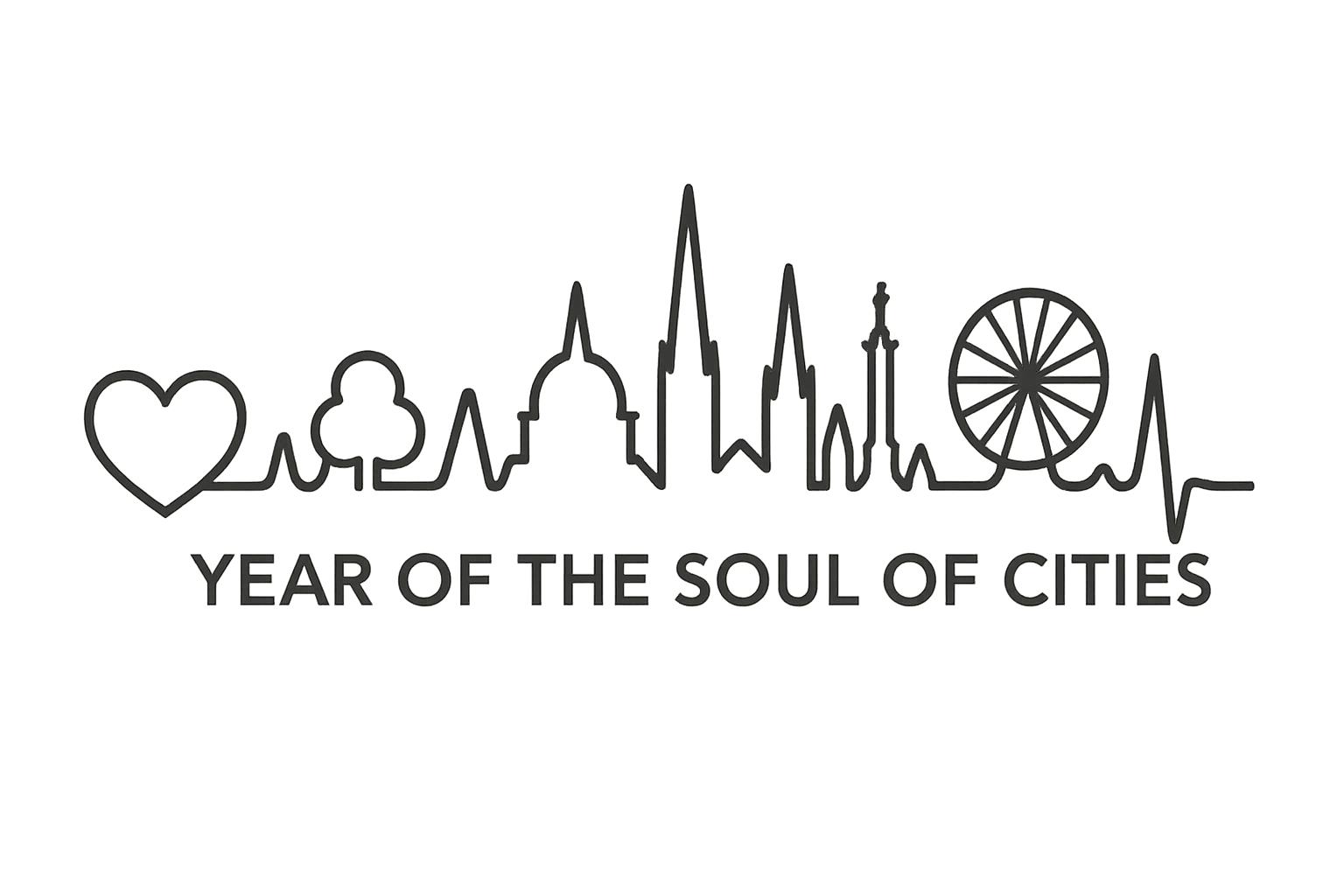
Partners for The Year of the Soul of Cities
